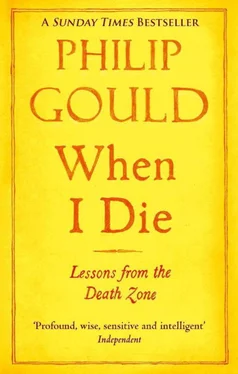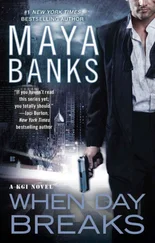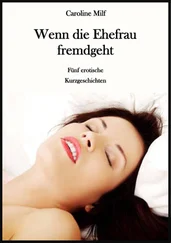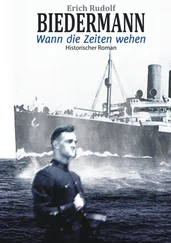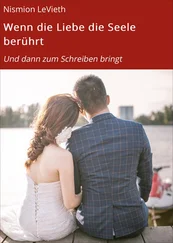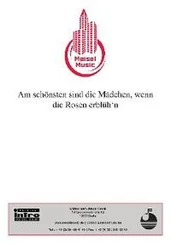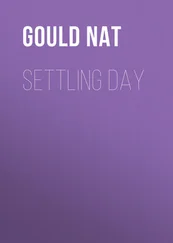It was August. We stayed at the Hotel Cipriani for what was probably our most idyllic holiday. Philip kept announcing he could now eat only if he was given brilliantly prepared Italian food. We kept mostly to the hotel, like two inexperienced tourists. One morning over breakfast I noticed a large number of boats bobbing about outside. As we wondered what was going on we noticed George Clooney and Brad Pitt at another table. We had stumbled into the Venice Film Festival.
Life settled into a kind of routine. Venetian food apart, eating was increasingly difficult and mealtimes became fraught. I was anxious that Philip get some nutrients while he behaved around food like a truculent teenager.
The other cancer-free holiday we took was in Jordan. This was a real experiment and although I had arranged all sorts of sightseeing, there was no certainty when we started that Philip would be up to any of it. In the end, as we set off to Petra, Philip was concerned about how uncomfortable he would feel on the car journey. He not only made that; overcome by the sheer grandeur of the experience, he also managed the long walk to Al Khazneh (the Treasury), and even insisted on a detour the next day to visit an abandoned Crusader fort.
These were wonderful moments of joy and liberation. It was clear Philip was fundamentally scarred by his experiences but it was as if he was testing his own boundaries, in the hope of living a semblance of a normal life.
And in a way we were closer than ever. We had been through hell together and emerged the other side. We had spent our lives working incredibly hard, living out our different purposes, worrying about the girls as only two working parents can. We always thought there would be a time after work and parenthood when we would live out our old age together. It looked as if cancer would dissolve that future. That Philip had survived seemed a miracle and those holidays were like a blessing. But it was to be all too short.
* * *
Philip’s key moments would often coincide with stressful moments in my work life. Work events may seem trivial when compared to matters of life and death, but life flowed on relentlessly either side of Planet Cancer. Although it was sometimes a struggle to fulfil obligations, for most of the time work for me was an oasis of normality.
I arrived in New York just a day before Philip’s operation as I had had to go to a meeting in Berlin. And two years later, the day of our appointment at the Marsden in Sutton to get some key test results, I was giving a lunch for an American author, who was in London just for the day and was a little surprised when I left early.
I left that table full of trepidation. The agony of waiting for results is familiar to all on Planet Cancer – and it is a life sentence – but in Philip’s case we always sensed when bad news was coming. So it was this time: the cancer was back with a vengeance. All our dreams disappeared that afternoon.
We knew we were running out of options. Philip tried various kinds of chemotherapy but there was very little response. Further surgery was the only option.
At first the Marsden thought we should go back to America to the same surgeon, as he would know his own handiwork. For the first time I put my foot down. I could not face Memorial Sloan-Kettering again, its isolation and organisational challenges, with all the extra complexities this second time around. Although Murray Brennan was up for the second operation, he wanted to do it with a colleague because of its complexity. That worried me too. I didn’t feel either of us would get through it again.
I pleaded with David Cunningham that there must be somewhere closer to home. We were going to see one of the Marsden surgeons but Professor Cunningham explained that very few people would be willing to attempt this second operation. Then he mentioned Mike Griffin. Philip explains the long courtship and measured response he found in Newcastle. I went up there to collect Philip from the first of his tests, one of many, many commutes on GNER.
Professor Griffin was upfront and unequivocal – he would do the operation but he wanted me, in particular, to be fully briefed about the risks. I diligently wrote them all down, like a macabre shopping list. Eventually we got the go-ahead. We moved to Newcastle, to a central flat on Grey Street that I teased Philip reminded me of Footballers’ Wives . The night before the operation we went to dinner down the road and I was so out of sorts I left my handbag in the restaurant.
Another operation, another coffee shop. Worry is like a kettle full of water, it felt as if my mind was on the boil at a ferocious intensity with no opportunity to let off steam. There is nothing you can do but get through it as best you can.
After the operation had been under way for about five hours, I decided to go for a walk. I bumped into Professor Griffin coming out of the operating theatre at the end of round one. It was another gruelling five hours until I saw him again in his little office. The operation had been the kind of success that only a master surgeon could have achieved.
Professor Griffin said that towards the end he had thought of removing all of Philip’s stomach and creating a pouch for food out of his colon, but that would have taken another four hours. I could tell he was reflecting on this decision. So I said: ‘But when you looked at Philip, as you have looked at thousands before, what was left of his stomach looked in good shape so you decided to leave it there as the best option for the patient. It was a decision you made on the basis of years of experience.’
He replied: ‘So you really understand about decisions.’
‘Yes I do,’ I said, ‘but at least mine do not involve life and death. And I think you made the right one.’
I did not tell Philip about that conversation either.
The intensive care experience in the UK was very different from what we had found in New York. Although I had been warned, nothing could have prepared me for the sight of Philip intubated after the operation. He looked like a corpse. The staff were going to keep him under sedation all night so I was told to return early the following morning. When I did, they had removed the tube. But Philip was barely conscious and clearly in a lot of pain, so I just sat there and tried with little success to interpret what he wanted. I don’t know how I held it together – but I tried to be strong for both of us.
Philip writes about the elasticity of time in the Death Zone – how it becomes positively distorted into emotional time. That was also true during and immediately after both his major operations. You only think of getting through the next hour. That hour seamlessly melts into another hour, and so on. Real time and life are suspended since your whole focus is on the patient, as if you could will them better. Rituals also play a part: the walk to the hospital, coffee from the hospital shop, topping up the TV card. The thousand little inconsequential actions that measure out the day.
Everything about Newcastle was solid and reassuring. Philip could not have been in better hands. But when we came in just months later to hear the results of the pathology it was bad news all the way.
This meant radiotherapy back at the Marsden and a feeding tube. How I hated the sound of the feed going in at night – the alarm beeping if it had become disconnected and thick yellow gunge pouring everywhere. But the feeding tube was Philip’s lifeline and I guarded it like a precious jewel.
Philip was always almost pulling it out; each day I examined the stitches that held it in place with tremendous panic.
Life settled down into a pattern of sorts again – me coaxing Philip to take his pills and to eat a little to supplement the tube. I worried about him constantly. Somehow it was easier to worry than to face up to my underlying fear of a life without him.
Читать дальше
